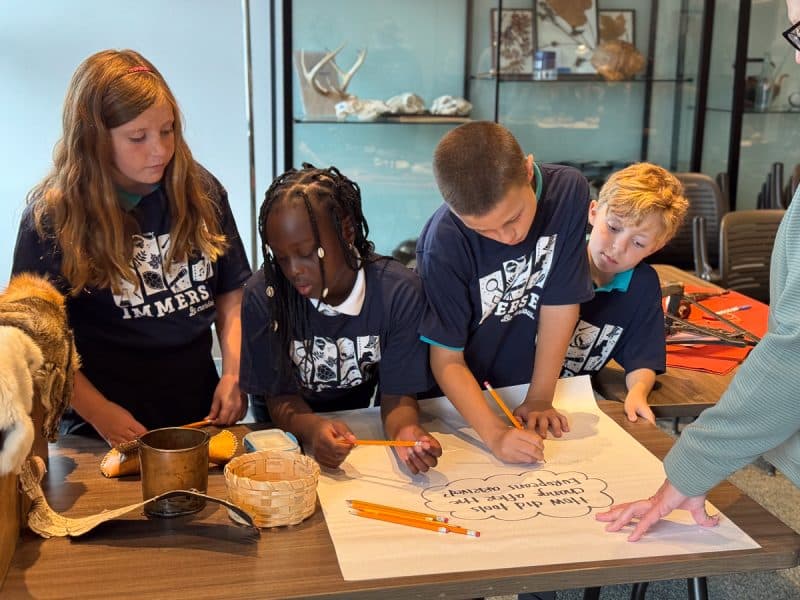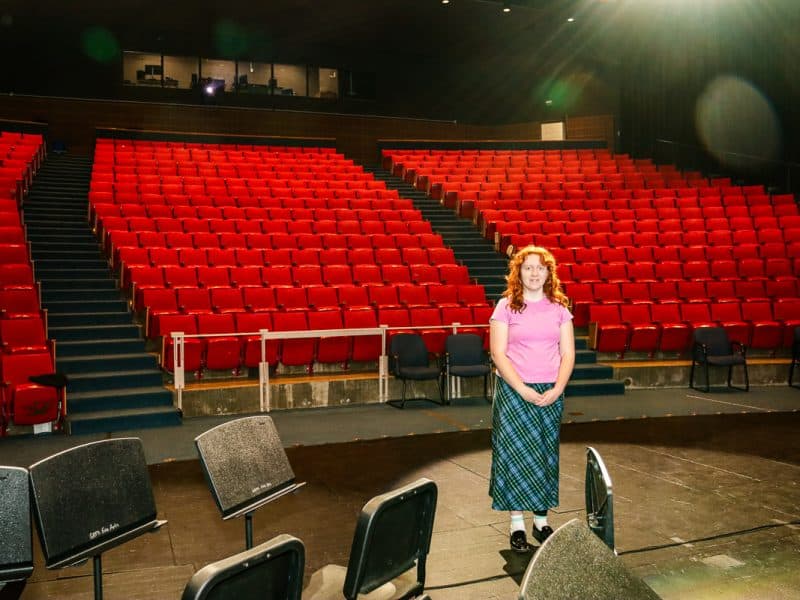How does Grand Rapids become stronger? By ensuring other cities do too
When growing a strong entrepreneurial community, it's often in our nature to compete for the resources we need to succeed. But, vibrant communities get even stronger when they turn to their neighbors to collaborate rather than compete — and Grand Rapids is doing just that.
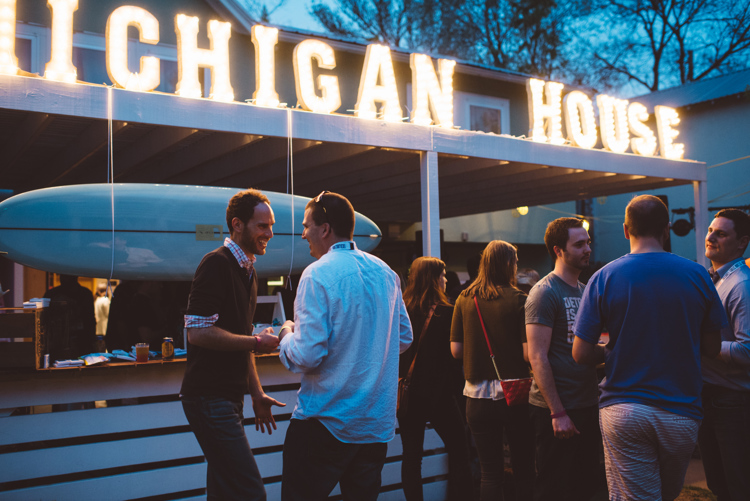
On March 10th through the 19th, lovers and creators of film, media, music, and other creative mediums will converge on Austin, Texas for South By Southwest (SXSW) Conferences and Festivals, an annual event celebrating creativity and innovation. The event is hailed as an essential destination for global professionals and hosts television producers, leaders of corporations like Samsung, and professional athletes and musicians. The goal of SXSW is to foster creative development across the country.
Joining the innovators taking over Austin is a band of professionals, entrepreneurs, innovators, and creatives from across Michigan, combined into one unit known as Michigan House.
What started as a group of Michiganders coming together in another state to share their ideas, products and talents has blossomed into a cross-section of Michigan-based professionals bringing the state to the worldwide stage. It began in a house, has graduated to a church and is the ultimate example of entrepreneurs and innovators from across the state coming together to tell Michigan’s story and foster cooperation and collaboration in the Mitten’s many entrepreneurial communities.

It is the perfect example of why entrepreneurial ecosystems across the state should be working together, rather than competing, to build their respective communities. But while the importance of collaboration is evident in major projects like Michigan House that are in the spotlight for one week out of the year, it’s the everyday partnerships that help build communities. And it’s those collaborations among leaders, organizations and cities throughout Michigan that aren’t always as obvious or pushed for, when, perhaps, they should be.
Collaboration vs. competition
When Jamiel Robinson of Grand Rapids Area Black Businesses (GRABB) connected with Dwayne Powell, Neighborhood Business and Special Projects Coordinator at the city of Kalamazoo, Kalamazoo didn’t have anyone focused on building black businesses, and Powell had only just started asking questions about how he could further his own community. Powell wanted to know how to move forward, so he looked to Robinson and started Nexus, the Kalamazoo equivalent of GRABB. Robinson “has been a great mentor and friend,” says Powell.
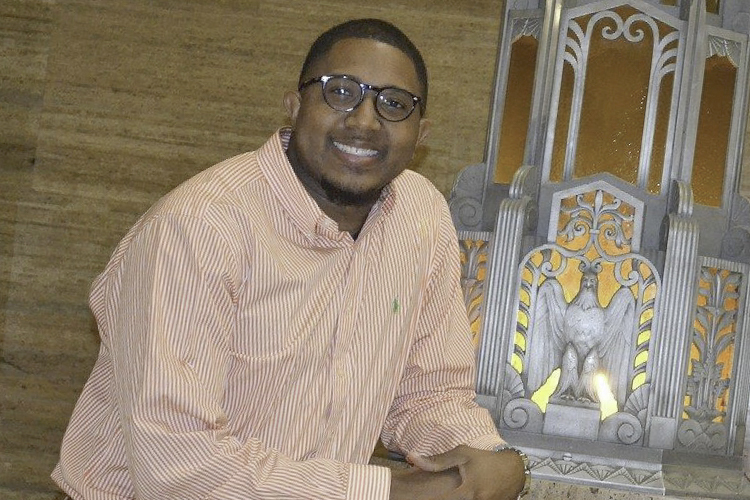
“He’s just a couple years ahead of us. We are learning from each other and doing what hasn’t been done in many years,” Powell continues, referring to the growth and support of black entrepreneurs.
“For whatever reason, our parents went into the workforce and gave up entrepreneurial efforts,” he says. “Many cultures are inheriting businesses; we are not.” Due to this gap, there is a need in every community to support the building and growth of black businesses by offering resources, funding and education. Robinson is doing it in Grand Rapids and Powell is doing it in Kalamazoo.
And, he’s going further than that. “With the help of SCORE (another state-wide initiative to help build and grow small businesses), we’ve created a support network in Kalamazoo similar to the one in Grand Rapids to support our (community development) efforts.”
Thanks to financial backing from the Foundation of Excellence, a fund specifically designated for growth within Kalamazoo, Powell is focusing on projects that will further urban development and inclusion, poverty reduction, upward economic development opportunities for everyone, and more. As he works on beginning and organizing these projects, he’s looking not just to Robinson, but to Grand Rapids for advice and assistance. He is personally connected to Start Garden, a venture capital fund that aims to support the area’s startup ecosystem, and every other Friday he joins them to discuss resources and ways to be more collaborative.
The collaboration is already in place between GRABB and Nexus as Robinson goes to speak in Kalamazoo and Powell comes to Grand Rapids. They promote each other, share resources and are in talks about how to expand that collaboration.
When it comes to why he would rather collaborate than compete, Powell says it’s all about abundance. “I don’t think with a scarcity mindset, but abundance. Both communities have an abundance of underserved people, and the more we collaborate, the more we can learn.” If one community creates a program the other doesn’t have, they can replicate it and serve more people. “If we can do that across the country, we can remove silos and that’s the name of the game right there.”
Joe Voss, Director of Strategic Partnerships at Creative Many, a group that promotes the creative economy across the state and one of the sponsors of the Michigan House, echoes the abundance over scarcity mindset.

“Organizations working in southwest Michigan and Grand Rapids do not historically play well together,” he says, “And it’s because of that scarcity model. It’s that idea that there are only so many factories you can get to come to Michigan. In the scarcity model, it’s risky to work with other organizations.”
But, Creative Many is another organization looking to change that outlook. They have representatives that are stationed in Tech Town in Detroit (an urban research and technology business park) and in The Runway in Lansing (the state’s first fashion incubator), and Voss spends time at Start Garden. They use these posts to reach out into local communities and further their mission. The organization looks to develop the creative economy for a competitive Michigan and sees the arts as an essential force in the state’s economy and the vitality of its communities. Michigan House, Voss says, is emblematic of the projects that are needed to bring Michigan communities together and eliminate an us vs. them mentality. Everyone can get wrapped up in their own stuff and, he says, “be dismissive about what’s happening in other communities.”
This type of attitude can be detrimental to the growth of not only a community or region, but a state. According to Grand Rapids Mayor Rosalynn Bliss, collaboration over competition is “critical to growing the talent pool and growing businesses. All cities benefit from a strong West Michigan economy. While we may not land every company here in Grand Rapids, this entire region provides jobs to our residents, and these businesses also support existing companies located within our community.”
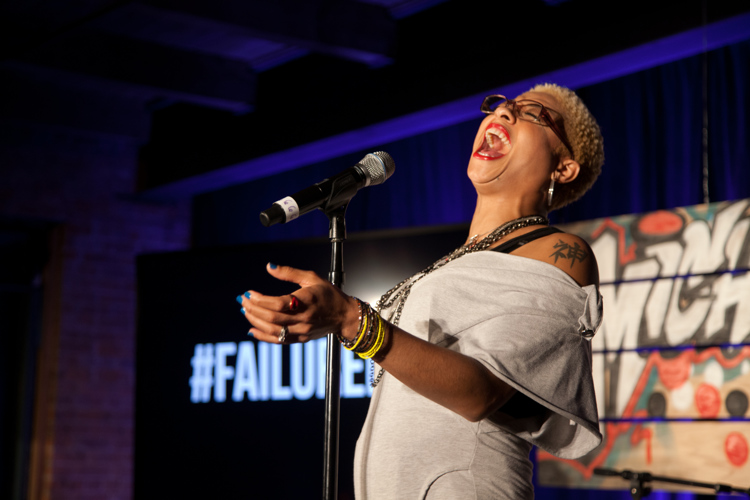
Michigan House, Voss says, “is the perfect example of pooling resources and organizations from all across the state to serve one purpose.”
And this year, the Michigan House programming is focused on spotlighting that collaboration and showing that the state’s professionals are working together to grow the region. “In the past, it was more hospitality focused and showed what it was like to hang out in Michigan,” says Paul Moore, Communication Director at Start Garden. But this year, he says, “there are panels of targeted conversations planned, with people who are invested in building the state, geared toward people who are interested in what’s going on.”
One of those panels includes Mayor Bliss. “Making a Place For Equity,” will look at the strategies employed by Michigan’s communities to improve outcomes for segments of the population often disproportionately overlooked by traditional economic development programs.
Other panel topics include: creative talent attraction, IoT (Internet of Things) in the Midwest, cultural tourism and more. “It will be a 360 of the hot issues in Michigan for those that have an affinity for, or interest in, Michigan but don’t know what’s going on,” says Moore. “Telling the story of what we’re doing to make our place is different than the stories about Flint, and that’s all people hear.”
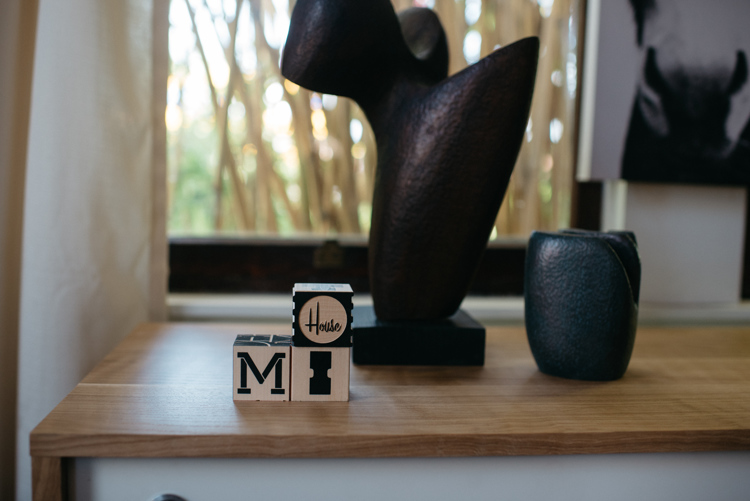
Nexus and Michigan House are only a few of the examples of collaboration happening across West Michigan and beyond. Other organizations like Lakeshore Advantage, Local First, The Right Place, and more, all show the communities in Michigan working together.
“The SmartZone is the premier platform through which the city works closely with other communities to promote and foster entrepreneurship,” Bliss says, referring to specially created technology parks across the state, including in Grand Rapids, designed to spur the growth of technology-related or research-oriented business and employment opportunities.
“A collaboration with Talent2025 is another example of how the city has worked with employers in other communities,” the mayor adds. “This collaboration has led to a regional approach to supporting innovation and entrepreneurship in West Michigan.”
While there are often gaps between communities even as close as Grand Rapids and Kalamazoo, projects like Michigan House and initiatives like The SmartZone are evidence that these collaborations are possible. “There are some big southwest Michigan companies involved (in Michigan House) this year,” says Voss, referring to the involvement of Leif Norland of Whirlpool, based in Benton Harbor. He adds that it sometimes seems easier for smaller, grassroots organizations like GRABB and Nexus to work together, versus larger organizations like the Grand Rapids Art Museum and the Kalamazoo Institute of Art.
“But we have to do the thing,” he says, referring to large projects like Michigan House. “And we can do more if we do it together. And these ‘roll up your sleeves’ types of projects are the best way to do that.”
Bliss too emphasizes this, noting that, “innovation knows no jurisdictional boundaries and, therefore, collaboration is the only path forward.”
“Making a place where entrepreneurs and start-ups want to be will determine the success of the growth in innovation and entrepreneurship in any city,” the mayor continues.
Whether it’s more projects like Michigan House, or a change of mindset from scarcity to abundance, Grand Rapids is playing its part in collaborative entrepreneurship efforts, but the opportunity to do more will always be abundant.
“Making It In Grand Rapids” is a series about local entrepreneurs and the issues that matter in building a sustainable startup-friendly community. Support for this series is provided by Start Garden. You can reach the editor of this series, Allison Spooner, on Twitter or e-mail her at alspooner@gmail.com for story tips and feedback.

